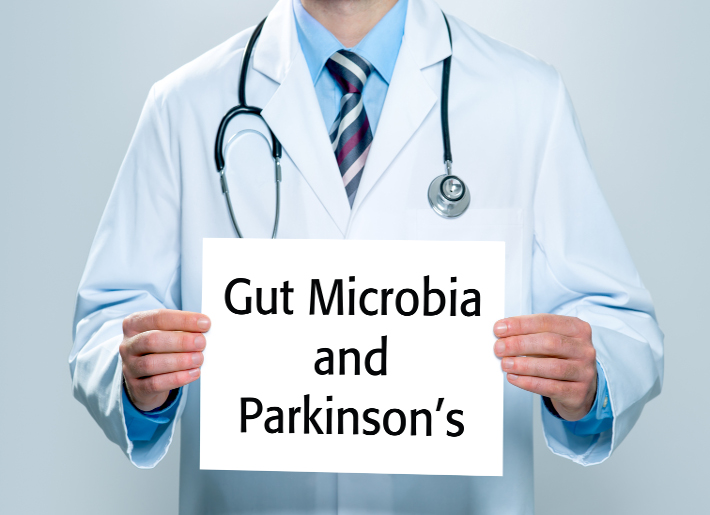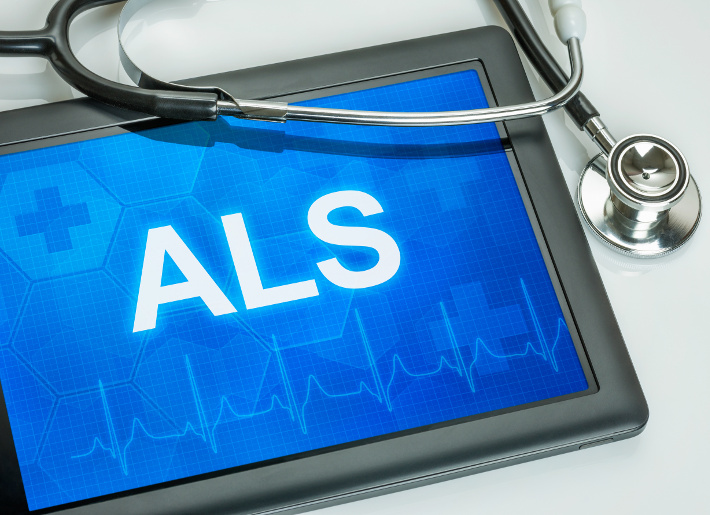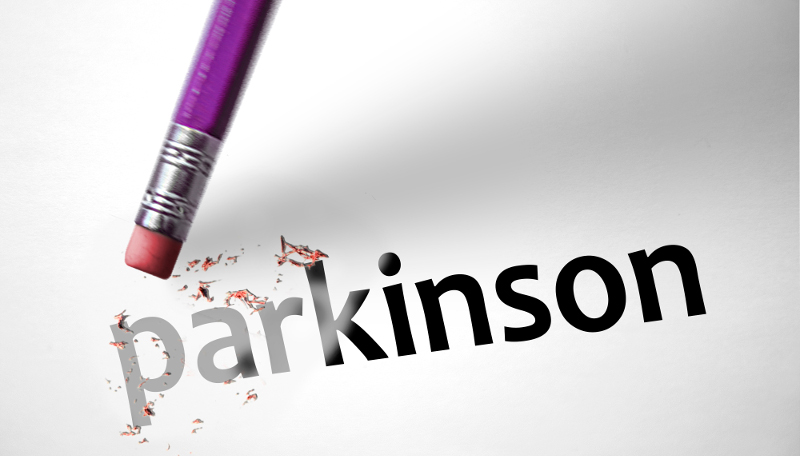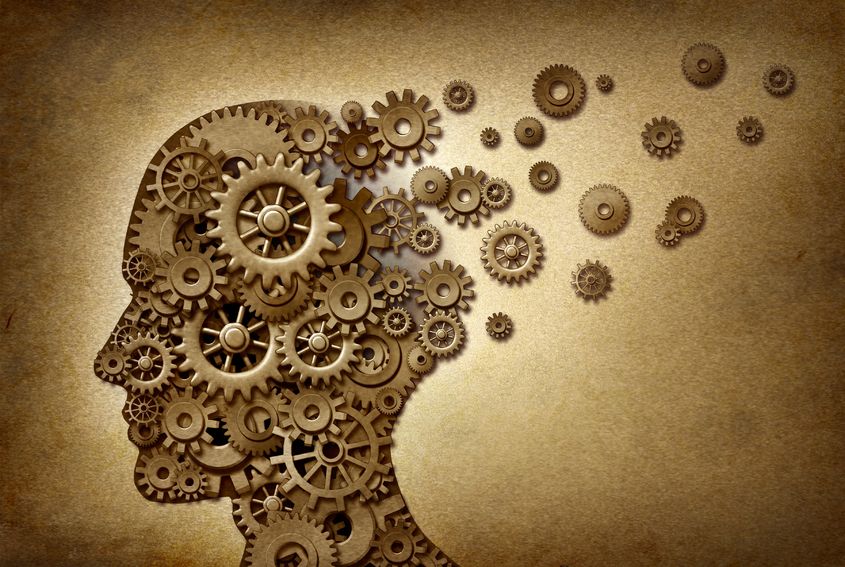Bone is our main structural support system. It allows us to protect our vital organs, facilitates movement, and creates a scaffold for blood vessels and nerves. In additional to the structural functions, bone has important metabolic and endocrine functions as well.
Related Articles
- 13 Apr 20
- 20 Sep 19
 The value of breastmilk continues to grow as we discover additional properties and health benefits. It contains all the nutrients that a newborn requires, except for vitamin D, and life protecting antibodies that are custom made by mom in response to the unique dangers of her environment. However, recent research continues to uncover hidden treasures within this elixir of life. This article will review new studies and discuss the implication for infant development.
The value of breastmilk continues to grow as we discover additional properties and health benefits. It contains all the nutrients that a newborn requires, except for vitamin D, and life protecting antibodies that are custom made by mom in response to the unique dangers of her environment. However, recent research continues to uncover hidden treasures within this elixir of life. This article will review new studies and discuss the implication for infant development. - 11 Sep 17
- 11 Jul 17
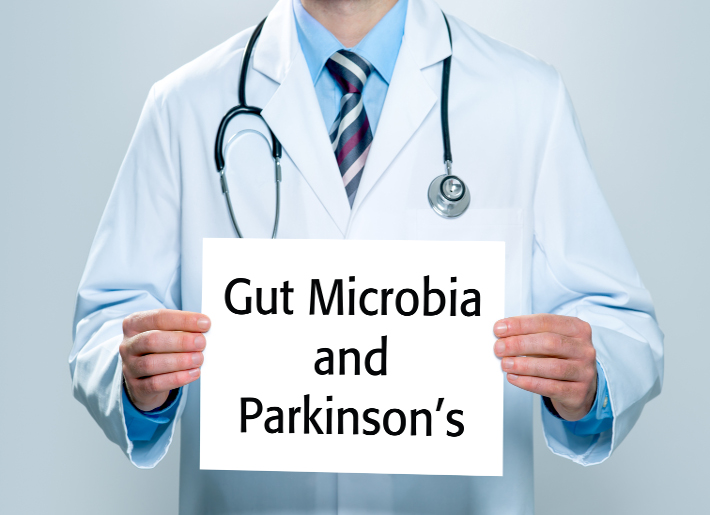 Parkinson’s disease affects between 1–2% of the population over the age of 65 and is becoming a growing concern as the baby boomers advance in age. The condition is characterized by gait abnormalities, tremor, muscle rigidity, and slowing down of movement typically seen as difficulty walking or getting up out of a chair.
Parkinson’s disease affects between 1–2% of the population over the age of 65 and is becoming a growing concern as the baby boomers advance in age. The condition is characterized by gait abnormalities, tremor, muscle rigidity, and slowing down of movement typically seen as difficulty walking or getting up out of a chair. - 05 Jun 17
- 13 Apr 17
- 01 Feb 14
With the growing prevalence of cognitive decline, there is a need for sustainable lifestyle interventions to support, maintain, and improve cognitive health. As physical exercise bolsters bodily health, so too is there a need for mental training. The evolution of technology offers new, promising mediums for cognitive training. This medium is the realm of virtual reality, video games, and mobile devices, that allow for the development of individualized training regimes tailored to suit the person’s needs.
Newsletter
Most Popular
- 17 Jun 13
- 17 Jun 13
- 17 Jun 13
- 01 Jul 13
- 17 Jun 13
- 17 Jun 13
- 17 Jun 13
- 01 Jul 13
- 17 Jun 13
- 17 Jun 13
- 17 Jun 13
- 01 Jul 13





